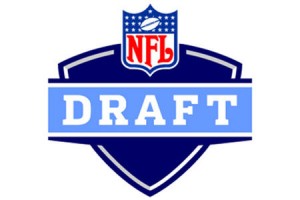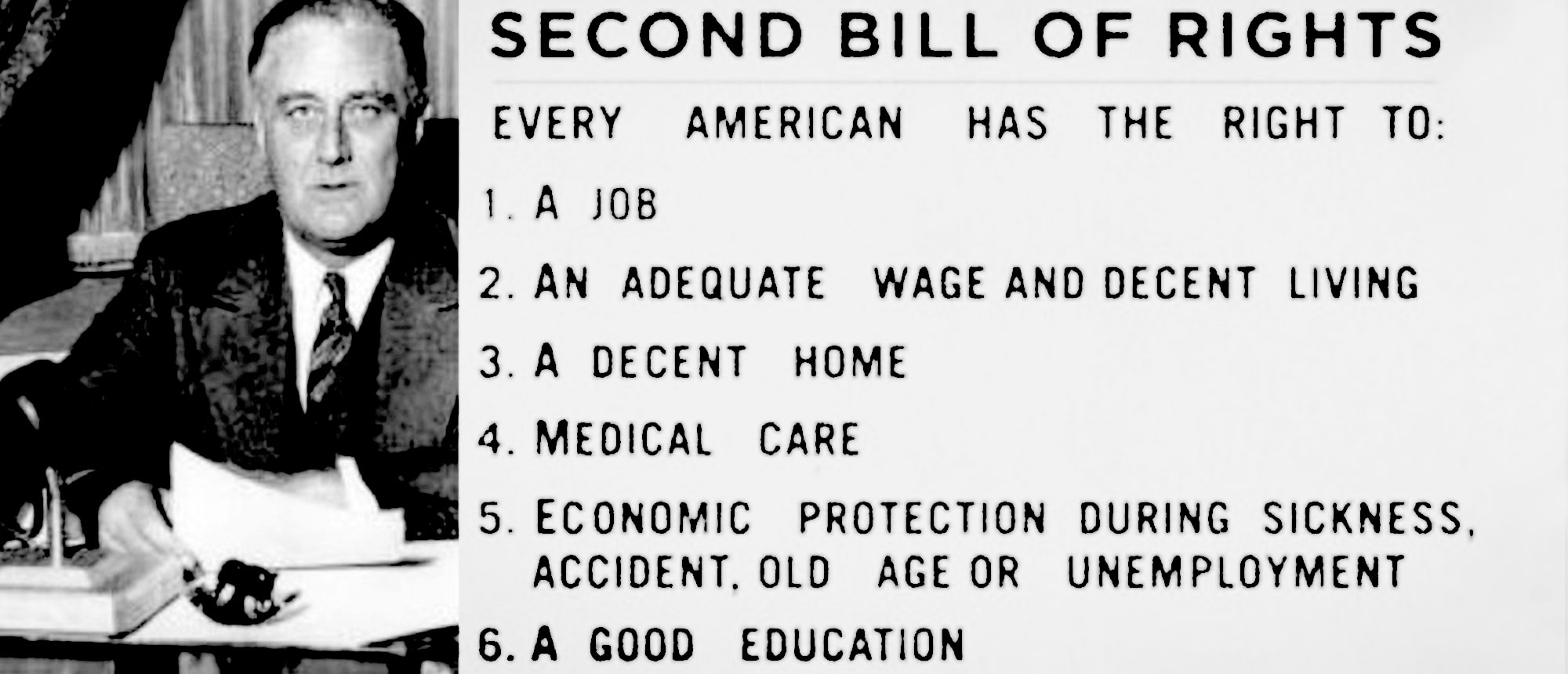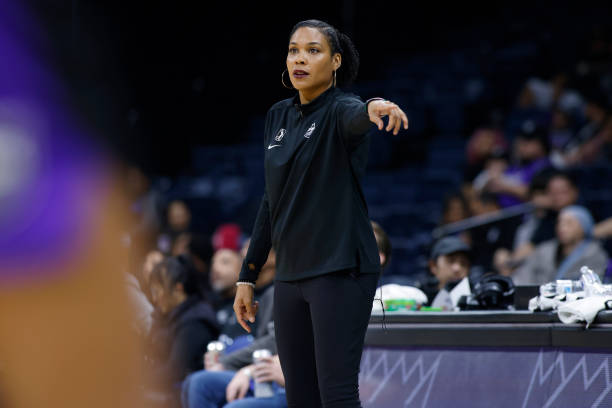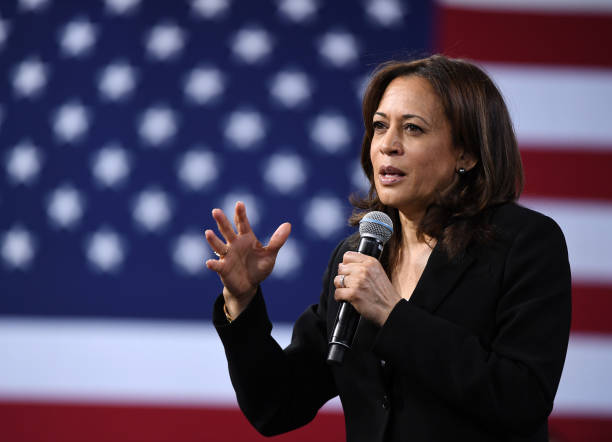(ThyBlackMan.com) On Thursday, millions of people will watch the NFL draft and see the faces of America’s newest multimillionaires, some just 21 years old and many without any idea how to manage that much money.
For some, it may be the only professional contract they ever sign. Career-ending injuries or failure to adapt to pro-style play will make sure of that. After their playing days are over, a lucky few may find a broadcasting gig  somewhere, but even those are typically reserved for the household names. Others may end up coaching high school ball.
somewhere, but even those are typically reserved for the household names. Others may end up coaching high school ball.
Whatever they do, they probably won’t be making as much as they will as players. And if history repeats itself, some of them will go from mega rich to flat broke. Numbers compiled by Sports Illustrated show that 78 percent of players go bankrupt within two years of retiring.
“These are kids. You realize these kids are 21 and 22 years old. How many 21- and 22-year-olds of any kind really know how to manage money?” said Bill Reese, a Tulane finance professor who has taught money management courses to New Orleans Saints players for the past 10 years.
“In class we go over things like what are stocks, bonds, mutual funds, taxes. How to fill out a check. Some didn’t even know how to write a check… These guys are phenomenal athletes, but that doesn’t mean they’re going to be good at managing money… Money does not come with a set of instructions,” he said.
The majority simply overspend on frivolous things like big houses, fancy cars, and their own posses. The huge incomes that these players receive early in their lives create a false sense of financial security, said Peter Ricchiuti, assistant dean at Tulane’s A.B. Freeman School of Business, who taught the Saints in the late 1990s.
“I would show them how a normal person’s income is. Start low after college and increase every year. Theirs peaks at a high level for a short time and then falls off a cliff. I ask them, ‘What do you plan to do after playing time is over? A lot of them don’t have an answer. A lot of them say coaching or broadcasting. When you look at the amount of money these guys are spending each month compared to what they’re going to be making after they retire, the math doesn’t really work,” he said.
The entire system is conducive to overspending and poor money management, Reese explained. Not only are players making millions over a few years, but within those years, most are making those millions within just 17 weeks.
Players typically opt to get paid after each regular season game. This gives them a little over four months with sizeable income streams and nearly eight months without any, except for roster and workout bonuses that can be miniscule compared to in-season payments.
Because of this volatility within their pay rates, players need a set of guidelines, said Eric Dunavant, the president of Dunavant Wealth Group in Mandeville, which manages $65 million in assets and has clients who play in the NFL. Dunavant said that he allows players to “carve out some of their salary just to blow.” The rest, he said goes toward necessities and toward creating a well-diversified portfolio with stocks, bonds, and real estate investments.
Oftentimes, the input that players listen to comes from their agents, said Andrew Brandt, who served as a team vice president for the Green Bay Packers and works for ESPN as its NFL business analyst.
“The agents have a difficult role. They’re trying to maximize the income for the player, and they’re trying to tell the players what they need to hear. But they probably spend more time telling players what they want to hear,” he said.
When a player starts making millions of dollars, friends that he grew up with, extended family, and hangers-on all start asking for money, Brandt said. “There are a lot of people tugging at these guys, and that’s a bigger problem than the players themselves. I knew players that were supporting several people – up to a dozen. The players have a real hard job saying no, and that becomes the job of the agent and he has a hard time telling the player no,” he said.
When he was with the Packers organization, Brandt said that he tried talking players into adopting a 52-week pay system that would spread their paychecks out over the entire year instead of just 17 weeks.
“There was a lot of pushback from agents on the 52-week plan…The agents fought me on two fronts. One, they wanted interest on payments from January to August. I could sense there was frustration because agents invoice the players for their fee in December. They need their 3 percent fee in December to make their books work.”
The classes that Reese and Ricchiuti teach are required by the league. Rookies must take four hours of class to meet the league’s minimum requirement. While it’s not quite enough instruction for players to fully grasp the concepts introduced in the classes, Reese said that it’s an invaluable resource for the players. “How many jobs do you have where the employer brings in someone to teach you finances at all?…The fact that the NFL is doing something is I think great. They could always do more, but what they’re doing is great,” he said.
But the current lockout, which has resulted from disagreements between players and owners over how revenue should be divided between the two, could reverse some of the progress that Reese has made with players.
“We may be one of the casualties of the lockout. I imagine if the rookies are not allowed into the facility I don’t know when we’re going to do it,” he said.
Brandt, who also teaches business classes at the Wharton School of Business at the University of Pennsylvania, said that classes that the league provides for players to make a successful career transition after they retire were already cut.
Written By Cullen Wheatley
Official website; http://twitter.com/cullenmw




















I was shocked to find out that there were some players that did not even know how to write a check. I learned that in Grammar School. Could College require classes for the Athletes that are planning to play Pro-Sports in Finance and Career Planning. How to handle money and what are you going to do after your playing days. You hear stories like this when someone wins a Big Lottery, for exampe $100,000,000 and blow it all in a short period of time. Also there are many stories of Athletes after playing day end up working in menial jobs.